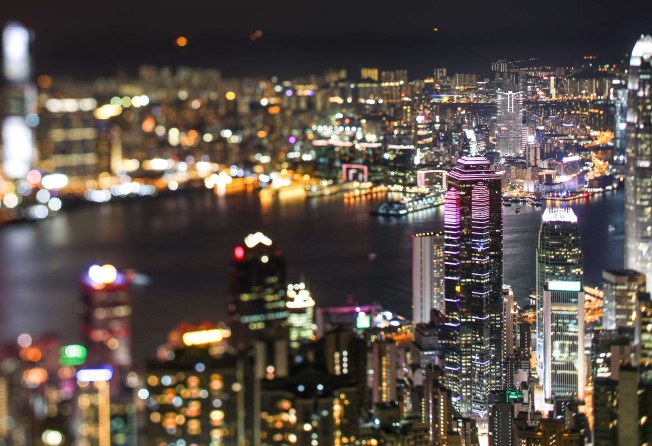
Will the flower of Hong Kong’s youth grow old under other skies?
Hong Kong is no stranger to transnationals – people who have ties to two or more societies – but it’s likely increasing numbers will flash their foreign passports and quietly slip away as uncertainty over city’s future grows

Throughout its urban history, Hong Kong has hosted a diverse range of transnational residents, and their numbers have continued to grow. The transnational is not, on the face of it, the stereotypical expatriate. Rather, transnationals are those whose citizenship and travel documents (which, as certain countries, such as China, increasingly make clear, are not always one and the same) and actual place of residence and cultural identity differ markedly.
A century ago, Asia’s transnationals were, for the most part, ethnic Chinese (and, to a lesser extent, Indians) living in colonial Southeast Asia who had acquired British nationality, either by birth in British territories such as Hong Kong, the Straits Settlements or Burma, or by registration as a British subject. Various early consular memoirs from places where Britain enjoyed extraterritorial treaty rights, such as China, Japan and Siam (modern Thailand), vividly describe instances in which these rootless people became the bane of the diplomat’s existence. Otherwise invisible within the wider community, these “British” nationals often materialised only when they had a request or a pressing personal problem the consul was somehow expected to resolve within the scope of such powers as he possessed.


For the generation who came of age after 1997, today’s Hong Kong is a very different place from the one their parents were prepared to accept. As various protest movements have demonstrated in recent years, these young people are no longer content to be (at best) misruled by the sorry shower of proxies, puppets and stooges allegedly in charge of their city since the handover. This generation – and here’s the kicker – regard “Long Hair” Leung Kwok-hung and Co as simply not radical enough to effect any meaningful change.

The famous verse of the Tang poet Wei Zhuang, weeping disconsolately over the ruin of Loyang when the dynasty fell in 907AD, echoes prophetically in contemporary Hong Kong:
Spring is bright in the city of Loyang, but the flower of its youth grows old under other skies …